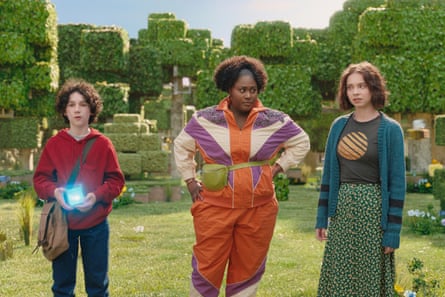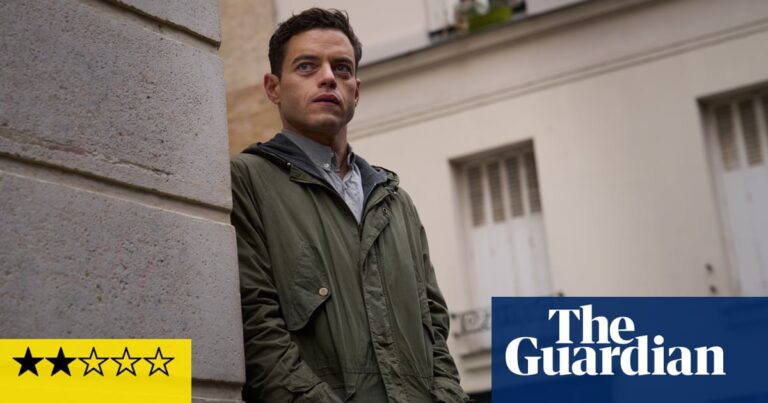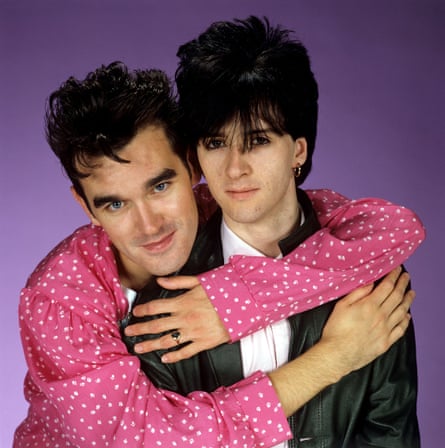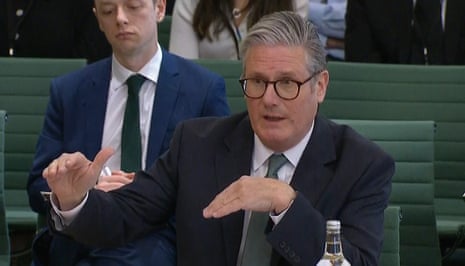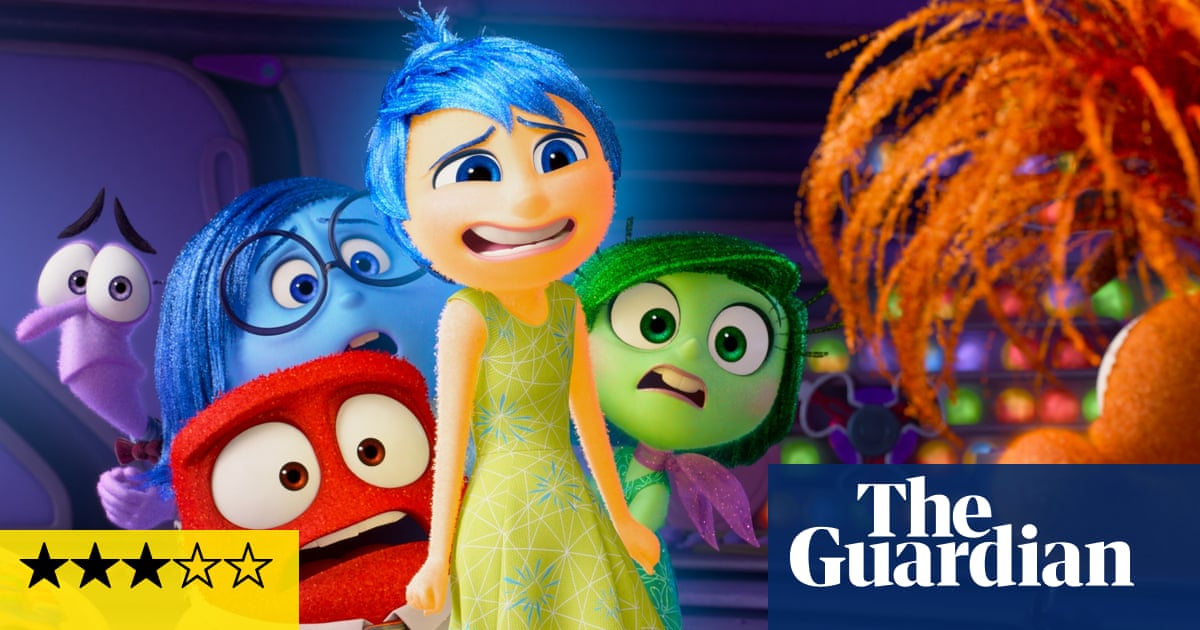
The first Inside Out took us into the Mission Control operations centre within the mind of a kid, and showed us the five emotions amusingly piloting her every decision – Joy, Fear, Rage, Disgust and Sadness – as well as all sorts of dizzyingly intricate detail about memory balls and personality islands. Now the sequel-upgrade brings us up to the teen years with a whole bunch of new emotions. There are some laughs, but it sees the teen transition in terms of a moral crisis, of abandoning and then reclaiming the niceness of childhood innocence; it’s a little bit convoluted and repetitive and, in its sanitised, Disneyfied way, this film can’t quite bring itself to mention the most important new teen emotion of all. Have the grownups in charge of this film really forgotten?
One of the original film’s smartest implied gags was that the story stopped just before the puberty crisis, represented by an alarm-red panic button on the dashboard, when all the worries and upheavals we’d just been through would be supplanted by an unimaginably painful new array of problems. Well, now that moment has arrived – Riley (voiced by Kensington Tallman) is now 13 years old (with what looks a microscopic zit on her chin that apparently doesn’t bother her in the least). She is due to start high school, and along with her two best friends is heading off to a prestigious ice-hockey camp. But when Riley discovers these two girls have kept a secret from her, she is upset and confused and figures she has to outgrow them and start hanging out with the hockey camp’s supercool older stars – led by Valentina “Val” Ortiz (Lilimar) – which in turn upsets her old friends.
Meanwhile the five emotions in charge, led by the boosterish Joy (Amy Poehler) are alarmed to find the tiniest touch on the controls triggers a disproportionate response in the once level-headed Riley; they get tearful fits and tantrums. To their horror, moreover, a whole new bunch of teen emotions have barged in, including Anxiety (Maya Hawke) and – hilariously – a shruggingly dismissive Ennui (Adèle Exarchopoulos). These new emotions wrestle the old guard for control of Riley’s soul and there is more plot contrivance concerning those memory balls and other characters from Riley’s unforgotten past.
But you can spend a lot of time waiting for the arrival of the most relevant teen emotion: Love. We find that Riley’s inner imaginative landscape actually features a huge “Mount Crushmore” with four indistinct faces. But that’s as far as this goes. Could it be that the film is squeamish about the reality of teen experience, or didn’t want to get involved in any identity debate? I wonder.
Either way, Inside Out 2’s view of growing up has nothing in it as powerful or real as the When She Loved Me song from Toy Story 2 – but there are a lot of entertaining moments, including a great demonstration of what sulky teen sarcasm does to the tectonic plates of your emotional geology. And Joy herself has a vivid crisis of authority: “Maybe this is what happens when you grow up … you feel less joy.” Not at all, of course: it’s just a different kind of joy. Perhaps Inside Out 3, about Riley’s college years, will bring us closer to it.
Source: theguardian.com









